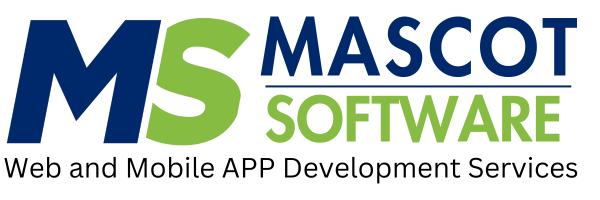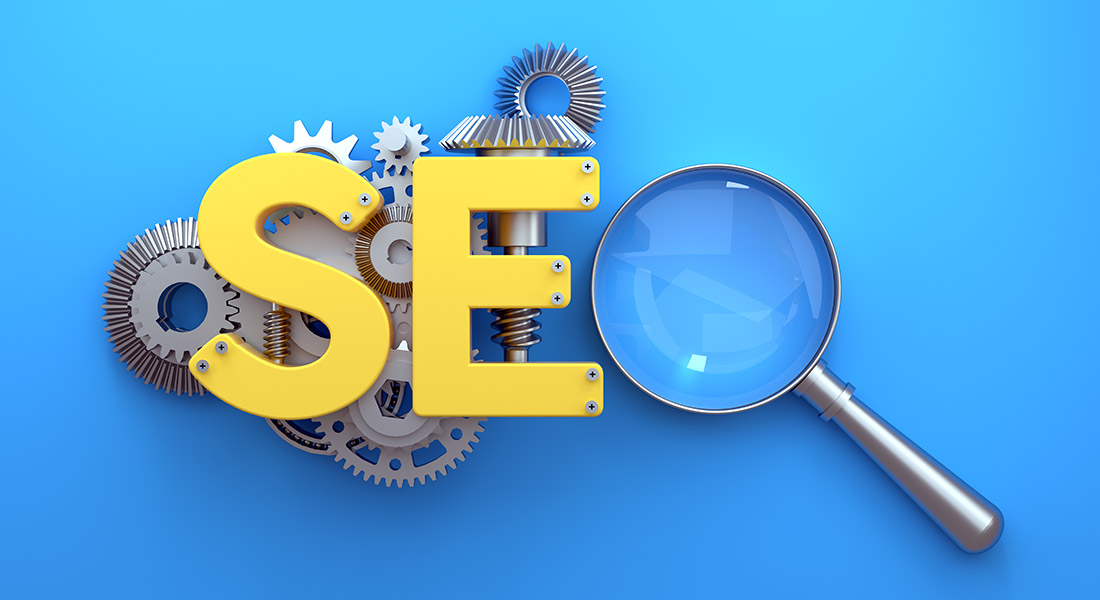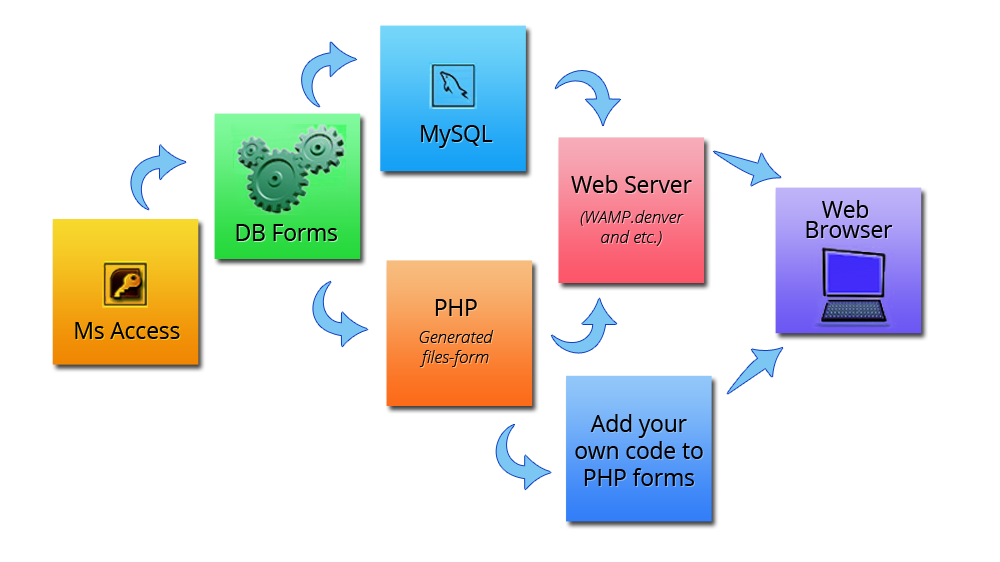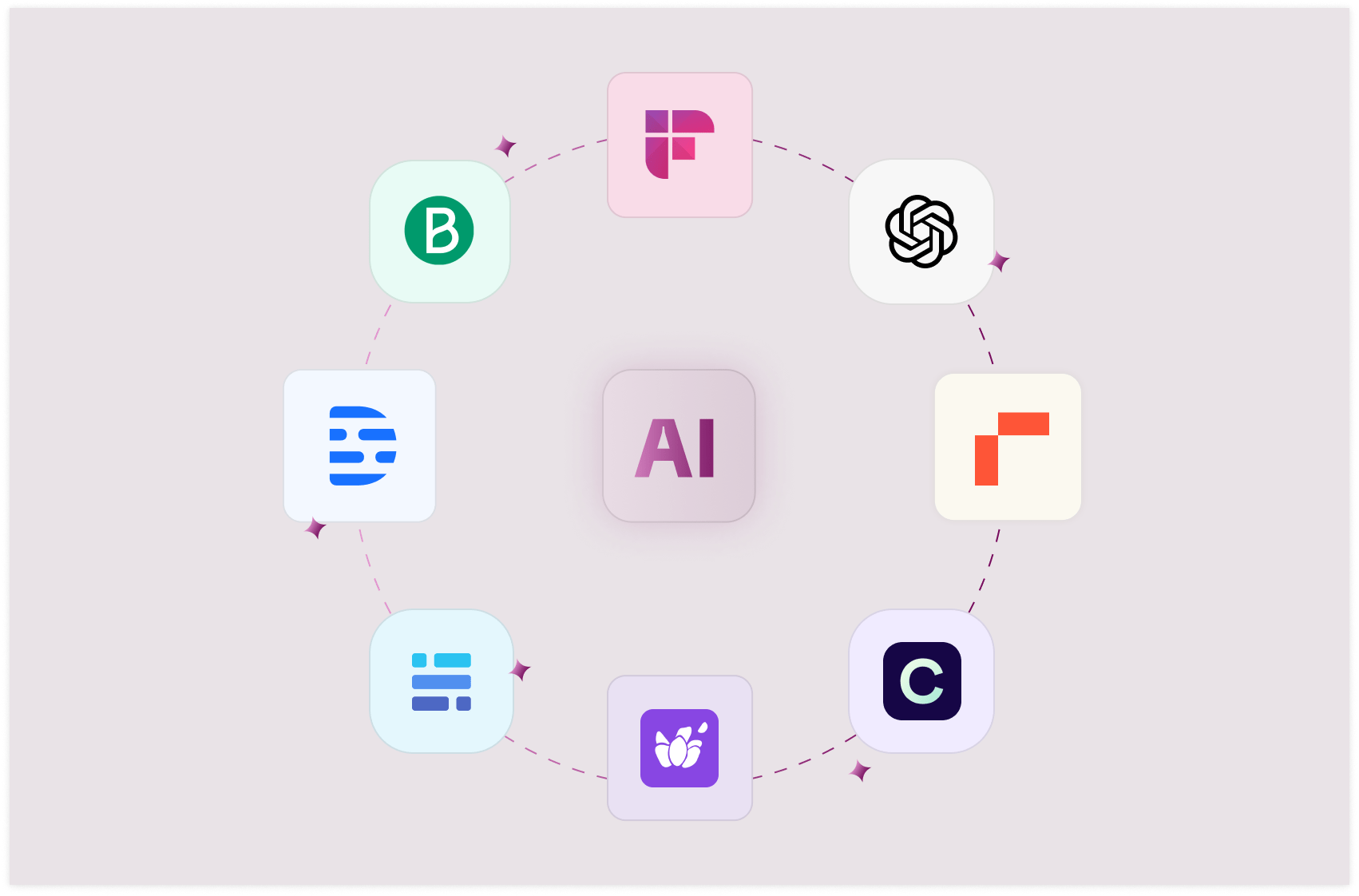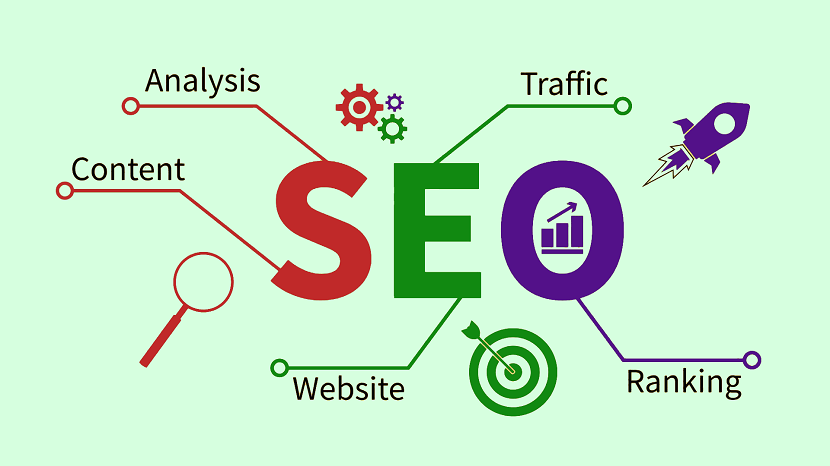
Laravel, a robust and elegant PHP framework, has undergone significant evolution since its inception. Each new version brings a host of improvements, new features, and enhanced performance. This blog post will delve into the key versions of Laravel, exploring their defining characteristics and the impact they've had on the web development landscape.
1. Laravel 5.0:
- This landmark release marked a significant shift in Laravel's development, introducing features like Elixir for front-end asset management, the Artisan command-line interface, and a more streamlined development experience.
2. Laravel 5.1:
- This version focused on refining existing features, improving documentation, and enhancing the overall developer experience. It also introduced the concept of middleware for handling HTTP requests.
3. Laravel 5.2:
- This release brought significant performance improvements, including the introduction of the "collect" method for fluent array manipulation. It also introduced a new testing framework and enhanced support for database migrations.
4. Laravel 5.3:
- This version introduced several key features, including a new event broadcasting system, improved caching mechanisms, and enhanced support for testing. It also saw the introduction of the "fractal" package for transforming complex data structures into simple JSON responses.
5. Laravel 5.4:
- This release focused on improving developer productivity, introducing features like Blade components, a new "dump" command for debugging, and enhanced support for broadcasting events.
6. Laravel 5.5:
- This version introduced several key features, including a new "Passport" package for building OAuth2 server applications, improved support for broadcasting events, and a new "Horizon" package for managing and monitoring your Redis queues.
7. Laravel 5.6:
- This release focused on improving performance and stability, introducing features like a new "Mail" facade, improved database seeding, and enhanced support for testing.
8. Laravel 5.7:
- This version introduced several key features, including a new "Skyla" package for scheduling tasks, improved support for broadcasting events, and a new "Telescope" package for debugging and monitoring your Laravel applications.
9. Laravel 5.8:
- This version introduced several key features, including a new "Passport" package for building OAuth2 server applications, improved support for broadcasting events, and a new "Horizon" package for managing and monitoring your Redis queues.
10. Laravel 6.0:
- This version introduced several key features, including improved support for PHP 7.3, a new "Job Middleware" for controlling job execution, and a new "Eloquent" model for working with Eloquent models.
11. Laravel 7.0:
- This version introduced several key features, including improved support for PHP 7.4, a new "Rate Limiting" middleware, and a new "Custom Validation Rules" feature.
12. Laravel 8.0:
- This version introduced several key features, including improved support for PHP 8.0, a new "Jetstream" application scaffolding, and a new "Testing" framework.
13. Laravel 9.0:
- This version introduced several key features, including improved support for PHP 8.1, a new "Flysystem" file system, and a new "Eloquent" model for working with Eloquent models.
14. Laravel 10.0:
- This version introduced several key features, including improved support for PHP 8.2, a new "Pest" testing framework, and a new "Eloquent" model for working with Eloquent models.
Conclusion:
Laravel has consistently evolved with each new version, bringing significant improvements and new features to the table. By understanding the key features of each version, developers can make informed decisions about which version best suits their project requirements. As Laravel continues to evolve, it remains a powerful and versatile framework for building modern web applications.
